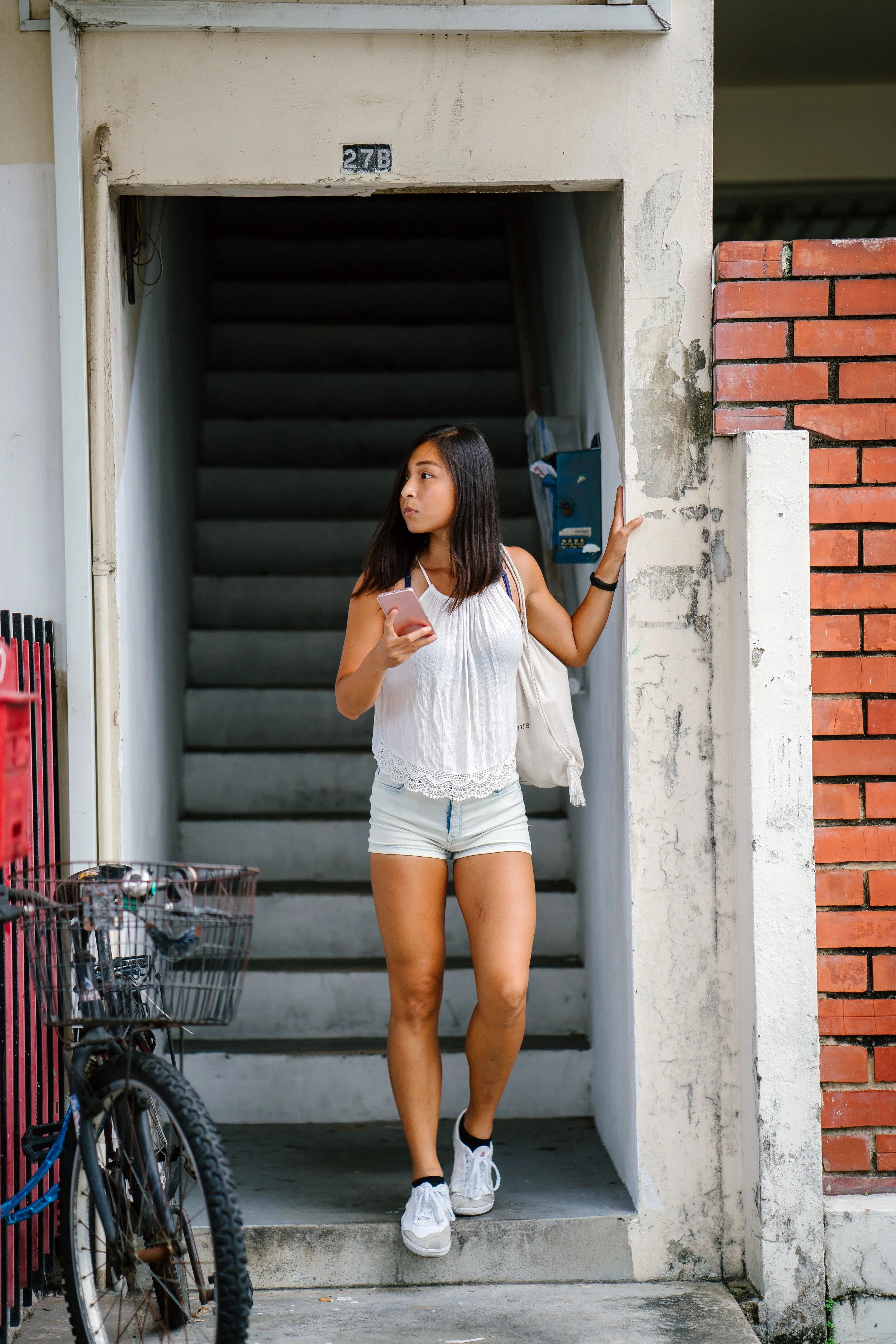finding housing
The time has come for you to find a place of your own. You may be wondering, Where do I even start? Well for beginners, the internet is one of the best resources for finding your first apartment. It can give you a clear idea of what’s available before you actually go out looking for it. It can also give you an idea of the price range in your town or city. Apartment search websites like HotPads, Zillow, and Craigslist have mobile applications available so you can search anywhere at anytime. Be aware of scam postings and spam! Rule of thumb, if it doesn’t sound right, it probably isn’t. Check out this video for more on red flags when looking at apartments online.
If you are in a college or university program, check on the student housing website. They often have links to Facebook or other groups to share housing.
Consider buying a newspaper to search for low-priced units. Call the owners early in the morning. By being the first to look at the unit, many owners are more likely to rent to you. Be sure to write a list of questions to ask the landlord.
Before You Start Your Search…
Create a Realistic Budget
Decide what you can afford in rent, including monthly utilities and other expenses. Typically, a person should pay no more than 30% of their income in rent. Consider renting with a roommate to help with the costs.
Make a List of Needs and Wants
How many bedrooms do you need? Do you need to be near public transportation? While it's great to have a wish list, chances are you won't get absolutely everything on your list. Prioritize your wants and needs from most important to least important.
Find the Ideal Neighborhood
Drive or walk around different parts of the city where you might like to live. Then look at apartment listings in that area to see if you can afford to live there. Also consider commute times, your lifestyle needs, and local conveniences when picking a neighborhood
There are websites, like AddressReport and Walk Score, that can help you get a feel for the safety, cleanliness, demographics, school zoning, and local amenities of the neighborhood.
